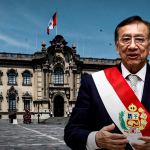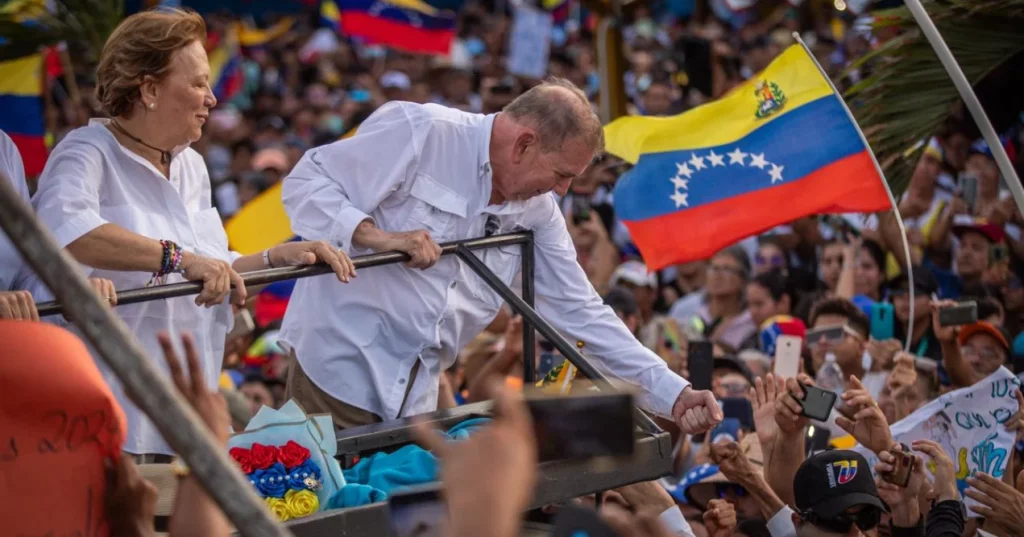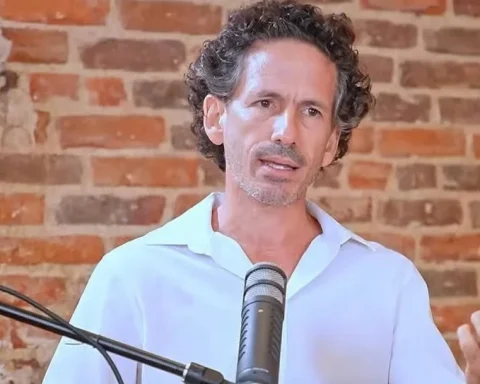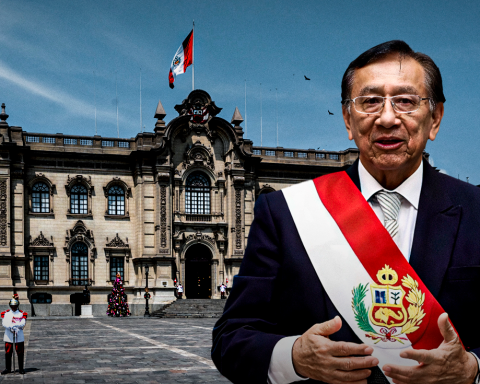The cash squeeze that the country is experiencing these months and the management that the Ministry of Finance wants to give to the national debt, became this week two issues that are putting pressure on the dialogues of the General Budget of the Nation for next year, especially after the warning that was made the Public Credit Directorate on the possibility of defaulting due to Congress.
The origin of this story lies in two requests that the Government made to the Interparliamentary Commission on Public Credit to be allowed to use a good part of the debt quota that was approved last semester, in order to manage the commitments that Colombia has with multilateral organizations, through strategies such as debt rollover and thus alleviate the burden on the State’s coffers.
More news: Senate Secretary confirmed that the amount of the 2025 Budget was denied
This request was justified in two documents, in Portafolio’s possession, which support the Ministry of Finance’s possibility of using USD $11.8 billion of the USD $17.6 billion it has guaranteed to “manage external loans for free use and rapid disbursement, including contingent credit lines in the event of natural or unintentional man-made disasters.”
Likewise, with this money, which was acquired through new debt, it is also intended “finance and/or refinance budget appropriations for the 2024 and 2025 periods,” a task for which institutional investors, both local and international, pension funds and international banks would be used.
National budget debate
Cesar Melgarejo/ CEET
The argument presented to the Legislature establishes that the resources, in addition to financing budget appropriations, aim to achieve timely access to international capital markets, diversify the investor base and meet the strategic objective of building liquid and efficient curves, guaranteeing the fiscal sustainability of the Nation.
It’s not the time
Although the Government has said that its objective and needs are well argued, within Congress, especially in the Public Credit Commission, they are not very convinced to support the movement, at a time when next year’s Budget is being debated and there is a cloud of doubt. on the ability of the Ministry of Finance in 2025 to obtain the money it needs.
Sources in the Senate and House of Representatives told this newspaper that while they are aware of the need to manage the debt to take pressure off national finances, they are concerned about issues such as the lack of consensus regarding the amount of the 2025 PGN and that part of the $523 billion being requested depends on a proposal such as the financing law, which is not guaranteed.
You may be interested in: Economy in July achieved its second strongest rebound of the year
Likewise, although the accounts of the Ministry of Finance only mention Of a shortfall of $12 billion, the parliamentarians of the Public Credit Commission have the perception that the gap could be much larger, even reaching $30 billion, if charges such as the adjustment to the price of diesel are added, which was not carried out as planned, thanks to the truckers’ strike agreements.
For these reasons and the recent warning issued by the Government about the risk of falling into a scenario of defaults, which did not go down well with Congressmen, the group of legislators in charge of giving the green light to the Minhacienda proposal is procrastinating, at least until it is known how the differences regarding the expenditure and income accounts in 2025 will be resolved.

Director of Public Credit, José Roberto Acosta.
Private file
A quota approved
To better understand the Government’s intentions with the requested endorsement To get into debt, Portafolio spoke with José Roberto Acosta, director of Public Credit, who made it clear that the money will be used only to pay off the debt, as was said when he was given the right to acquire new debt for up to USD $17.6 billion.
“It is best to refer to the Financial Plan, where it was defined that the external debt went from USD $5.5 billion to USD $5.7 billion and there the exchange rate established for those budgetary purposes is applied. Those USD $5.7 billion are exclusively for debt service payments. The same as the USD $9 billion that are, according to the medium-term fiscal framework, for the 2025 period,” he explained.
Other news: The Ministry of Finance explained why the Fuel Fund deficit still persists
One of the points that generates doubt among the congressmen, in relation to the request of the Ministry of Finance, is that USD $11.8 billion was requested, but in the calculations of sources and uses that are attached to support the viability, only USD $8.675 billion are recorded for debt payment, which will go USD $4,336 million for external interest payments and USD $4,339 million for external amortizations.
This is why, in the face of the USD $3.125 billion that were not stipulated, José Roberto Acosta indicated that they will go to “pre-finance the 2025 term in those areas of amortizations and interest payments,” taking into account that the financial market has dynamics that must be overcome to maintain the fiscal stabilizer.

Colombian pesos
iStock
“That money is not going to be used for debt, but it is pre-financed to try to mitigate the risk of pre-financing. All markets know and are aware of the payments we have to make and to the extent that it is left to the last minute, then they charge more and sometimes the rate goes up. That is why a better strategy or tactic, very effective, that we have advanced in the current administration, is to anticipate,” added this official.
The Director of Public Credit concluded by saying that “These two requests that are being considered by the Commission are derived from the Financial Plan, which states that of the USD $5.7 billion of external financing that we have for this year, we need to complete, bring, or integrate into the National Single Account in dollars, close to USD $2.7 billion for the 2024 period.”
Both the Ministry of Finance and the Congressional sources who spoke to Portafolio stressed that the spirit of dialogue is strong and that relations are cordial and fraternal. However, the Government warned that the Public Credit Commission is a consultative body that does not approve, while In the Legislature they made it clear that there are several points that need to be discussed in depth.
Meanwhile, while the parties are trying to reach an agreement on this issue, the pressure on the management of the General Budget of the Nation remains in force and, as the Government has warned, the door is open to the possibility that the country falls into a default scenario, a situation that could affect the risk rating and make credit more expensive for Colombia in the coming years.


















